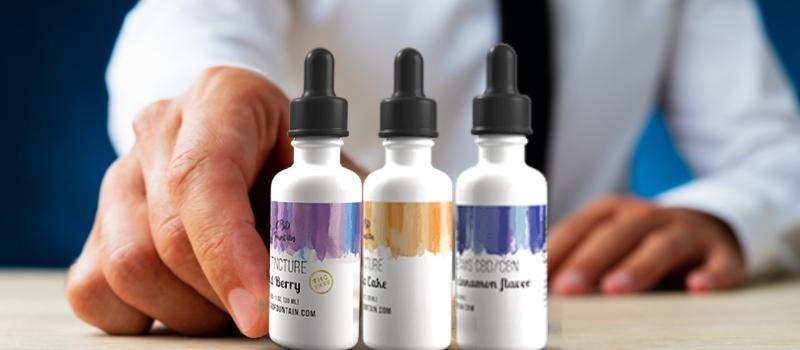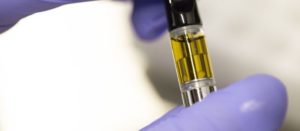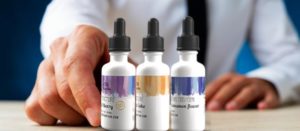What is CBD? CBD stands for cannabidiol and is typically the most prominent cannabinoid by volume in hemp. It is a naturally occurring and non-psychoactive component of the cannabis plant and the hemp plant. There are over 100 unique cannabinoids found in hemp and cannabis. THC and CBD are the two major cannabinoids and it is the percentage of these in the adult plant that defines it as either hemp or cannabis.
By definition, if a plant has more than .3% THC, it is cannabis and if it has less than .3% THC, it is hemp. Typically, hemp grown today has been bred to have very high levels of CBD. So why is this a good thing? The human body actually creates its own cannabinoids (endocannabinoids) and it is believed that supplementing with CBD from plants (known as phytocannabinoids) helps the body regulates its homeostasis through the endocannabinoid system, located in the membrane of the nerve cells, which is where cannabinoids are utilized.
This is a completely natural way to support a healthy body. What is the endocannabinoid system? The endocannabinoid system (ECS) is a complex cell-signaling system identified in the human body in the early 1990s by researchers. It manages the body’s homeostasis which is our body’s ability to keep all things normal and healthy and is capable of affecting nearly every biological process, including sleep, mood, memory, appetite, pain, inflammation and immune response. It is made up of receptors found throughout the body in the membrane of the nerve cells, where cannabinoid receptors act as a lock and key with available cannabinoids (endogenous or phyto).
Taking phytocannbinoids such as hemp CBD helps tone your existing endocannabinoid system, just like Vitamin C helps tone your immune system. CBD is also highly antioxidant and neuroprotective, as deemed by the patent the US Department of Health and Human Services got on CBD: “Cannabinoids have been found to have antioxidant properties, unrelated to NMDA receptor antagonism. This new found property makes cannabinoids useful in the treatment and prophylaxis of wide variety of oxidation associated diseases, such as ischemic, age-related, inflammatory and autoimmune diseases.
The cannabinoids are found to have particular application as neuroprotectants, for example in limiting neurological damage following ischemic insults, such as stroke and trauma, or in the treatment of neurodegenerative diseases, such as Alzheimer’s disease, Parkinson’s disease and HIV dementia. Nonpsychoactive cannabinoids, such as cannabidiol, are particularly advantageous to use because they avoid toxicity that is encountered with psychoactive cannabinoids at high doses useful in the method of the present invention.” ‘Cannabinoids as Antioxidants and Neuroprotectants’ (Patent # 6,630,507) held by the United States Department of Health and Human Services Is CBD Safe?
As described above in the patent above (from US Department of Health and Human Services), there is no toxicity level found, even at very high doses of ingested CBD. This means you cannot overdose on it, as it is a natural compound that your body recognizes as something it makes anyway. However, if you are on medication, please check with your doctor to see if CBD is right for you.
How much should I take? This is the hardest question for us to answer, but the general guideline is that the average adult edible dose of CBD is 25 mg. You may need more or less depending on your body, so we always stay start small and increase as needed. For a topical, we find that there is no standard dose. So we have said it before. Start small. Use more if needed.
There are so many types of CBD products! Which should I use? This really depends on what you are trying to achieve with CBD. If you have a local pain in your body, such as a sore back or a sprained wrist, then you would want to try a topical (lotion or salve) to get the CBD to that area. A bath bomb would be great for body relief as well. If you have something that involves the central nervous system, such as anxiety or problems with sleep, then you want to take an edible such as a gummy, capsule or tincture. Many people use a few different forms to feel their best.
Does CBD get you high? Nope. The hemp plant is made up of two main players: CBD and THC. CBD is the non-psychoactive portion of the plant. It is important to know that THC is naturally occurring in hemp, as described above, and products may have up to .3% of the volume of the product as THC. This is not enough to create a psychoactive high and has actually proven to be beneficial to the CBD user. The THC with the CBD creates what is known as the entourage effect, helping the existing CBD be more effective in the body.
If you don’t want THC or do get drug tested for work, look for Broad Spectrum CBD products (meaning no THC). It is important to note that everyone’s body chemistry is unique so if you are new to CBD, start small and go slow to see how you feel. Yes, we said it again. I get drug tested for work. Can I use CBD? Yes, just make sure that you only use THC free or Broad Spectrum products. You can check the COA tests for each of our Broad Spectrum products to be assured they are THC free. And what about for pets?
Can CBD help my dog, cat or horse? YES! Any animal with a spinal cord also makes cannabinoids in their bodies and CBD will help them just like it helps us. If you have more questions, feel free to email us. We will help in any way we can.





